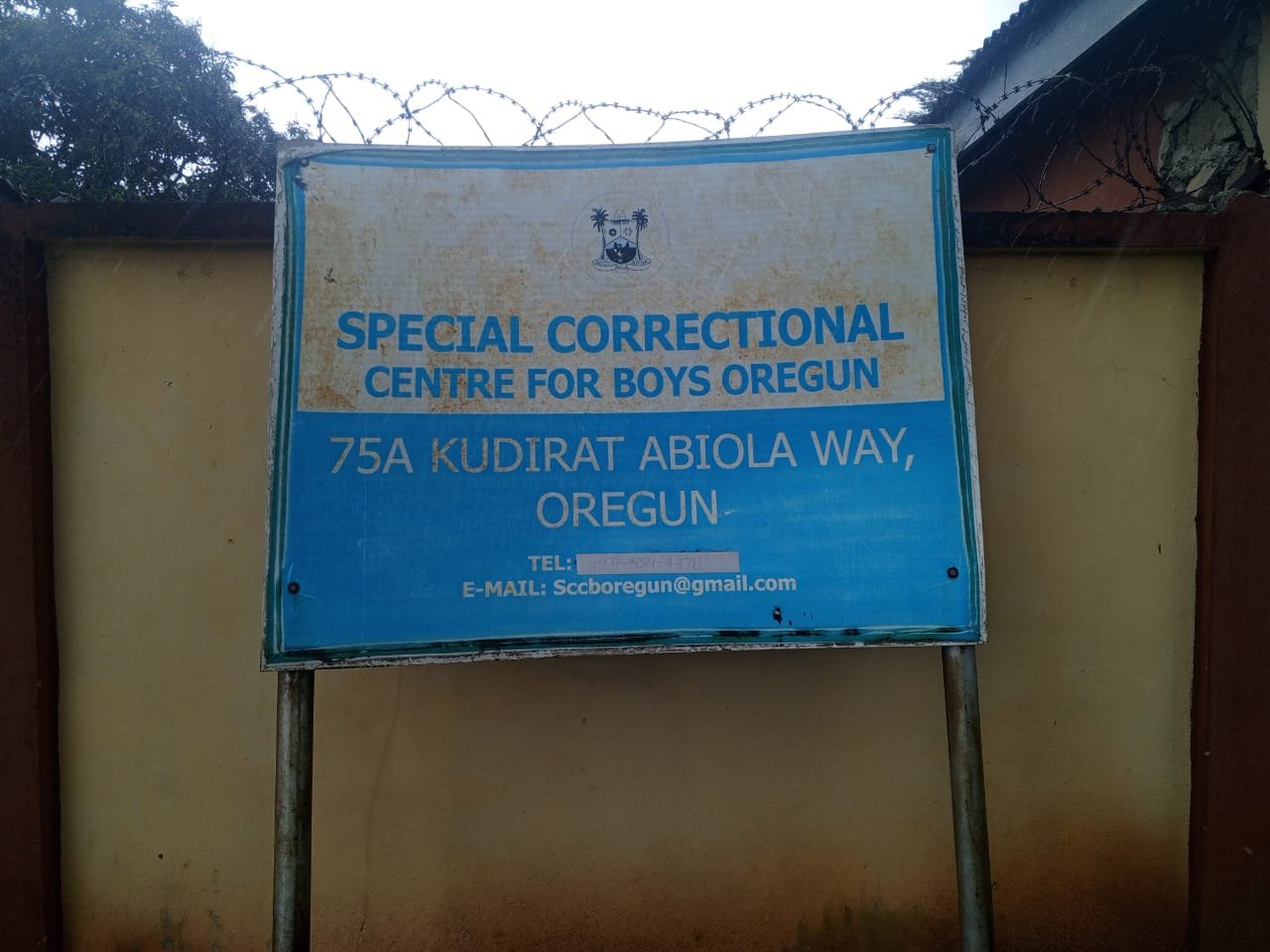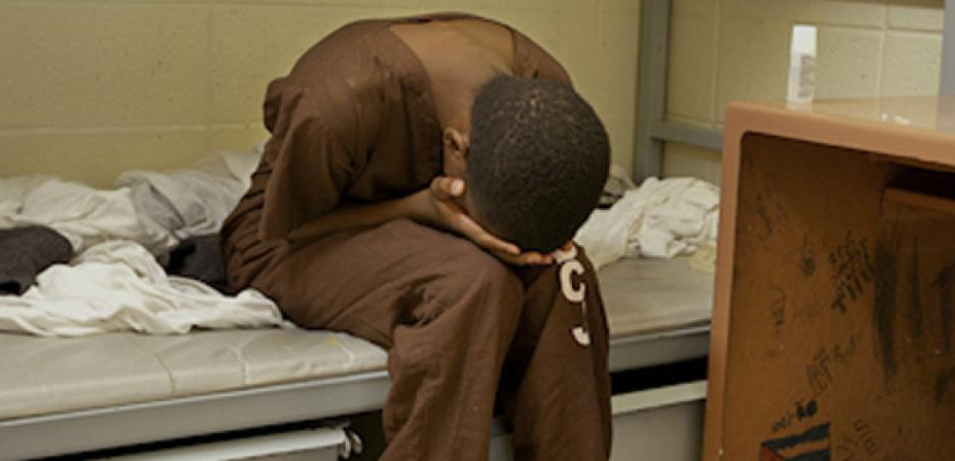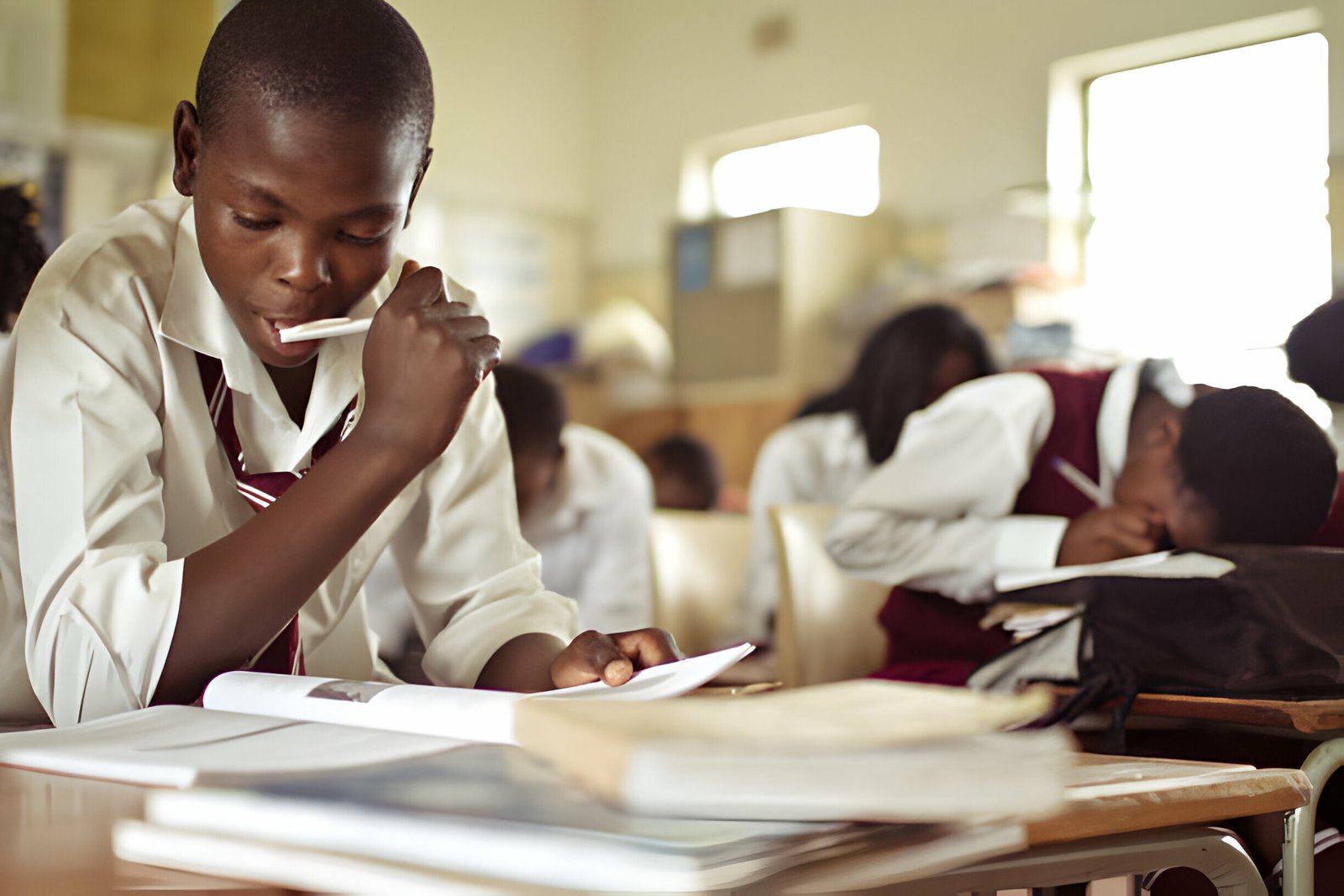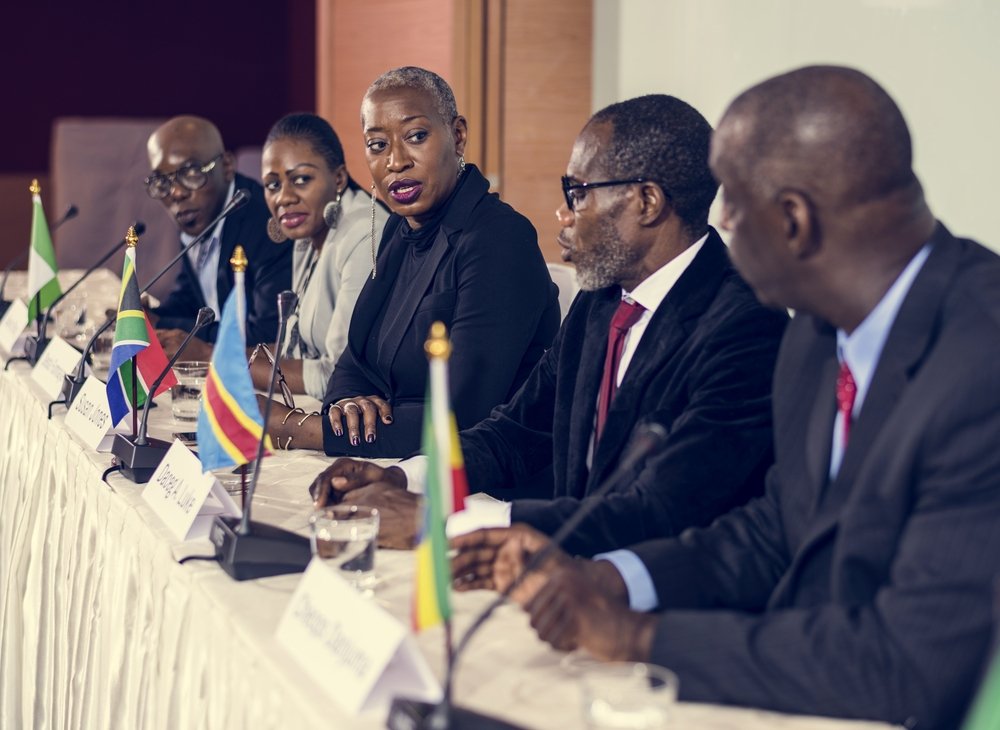Education has the power to transform lives, and this holds true for boys in Africa as well. In many parts of the continent, boys face unique challenges that hinder their access to quality education and limit their opportunities for personal and professional growth. However, by addressing these barriers and promoting educational initiatives, we can break the chains holding back African boys and empower them to become resilient and empowered individuals.
1. Addressing Accessibility Issues
One of the key challenges faced by African boys is the lack of access to education. Many boys in rural areas have to travel long distances to reach the nearest school, often facing hazardous conditions along the way. Additionally, poverty and cultural norms sometimes force boys to drop out of school and engage in labor to support their families.
To break these chains, it is crucial to focus on improving the accessibility of education. This can be done through the establishment of more schools in remote areas, the provision of transportation facilities, and the implementation of scholarship programs to alleviate financial burdens. By ensuring that education is within reach for all African boys, we can create a more inclusive and equitable society.
2. Promoting Skill Development
Education is not just about acquiring knowledge; it is also about developing skills that are essential for personal and professional success. African boys need access to education that goes beyond traditional academic subjects and equips them with practical skills that can help them thrive in the modern world.
By incorporating vocational training programs into the curriculum, boys can gain skills in areas such as agriculture, carpentry, plumbing, and entrepreneurship. These skills not only enhance their employability but also enable them to contribute to the economic development of their communities. Empowering African boys with practical skills opens up a world of opportunities and enables them to break free from the cycle of poverty.
3. Fostering Gender Equality
Gender inequality is a pervasive issue in many African societies, and it affects boys as well. Traditional gender roles often place excessive expectations on boys to conform to certain stereotypes, limiting their freedom of expression and stifling their emotional growth. This can have a detrimental impact on their overall well-being and hinder their educational progress.
To break the chains holding back African boys, it is essential to foster gender equality. This involves challenging harmful gender norms and promoting a more inclusive and accepting environment for boys to express themselves. By creating safe spaces for boys to share their thoughts and emotions, we can help them develop a strong sense of self and overcome the societal pressures that hold them back.
4. Mentoring and Role Models
Mentoring and positive role models play a crucial role in shaping the lives of African boys. Many boys lack guidance and support, particularly if they come from disadvantaged backgrounds. By providing mentorship programs and connecting boys with successful role models, we can inspire them to dream big and believe in their own potential.
Mentors can offer guidance, advice, and encouragement, helping boys navigate the challenges they face and providing them with the tools they need to succeed. Through mentorship, African boys can develop resilience, self-confidence, and a sense of purpose, enabling them to overcome obstacles and reach their full potential.
Conclusion
Education is a powerful tool that can break the chains holding back African boys and empower them to create a brighter future. By addressing accessibility issues, promoting skill development, fostering gender equality, and providing mentorship, we can ensure that every African boy has the opportunity to thrive and contribute to the development of their communities and the continent as a whole.
It is time to recognize the transformative impact of education on the boy child in Africa and work towards creating a society where every boy has access to quality education and the chance to fulfill their dreams. Together, we can break the chains and empower African boys to become resilient, empowered, and successful individuals.






